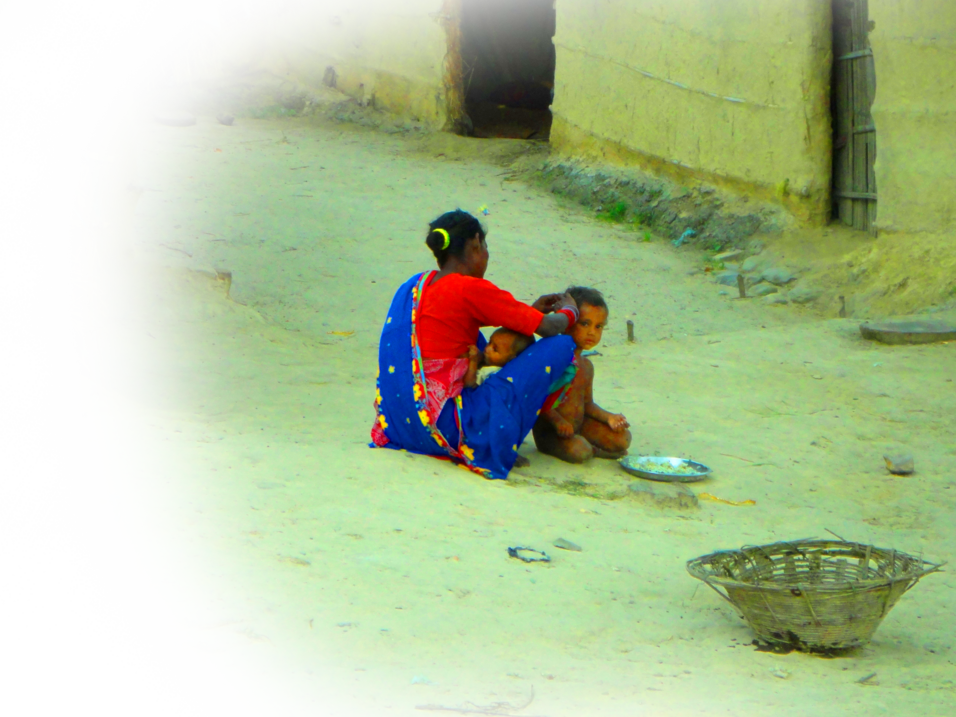Nepal promulgated its seventh constitution in seven decades on 20th September 2015, amidst a blackout in half of the country. The subsequent landmark polls in 2017 elected nearly 40,000 officials to local, provincial and federal governments. Since then, the Nepal Communist Party (NCP), born out of the merger of the Communist Party of Nepal (Unified Marxist-Leninist) and the Communist Party of Nepal (Maoist Centre) - the former guerrillas, are in power, with a two-third majority in the National Assembly. The assembly chambers, and the national policies and programmes, reverberate the slogans of "development and prosperity", snubbing the voices of dissenting, disgruntled and disadvantaged sections of the society. In the multinational, multireligious, multiethnic and multilingual country of Nepal, home to 125 ethnic/caste groups and an equally large number of languages, the big question does remain unanswered: after all, whose development is it? In this talk, the development disparity prevailing in Nepal along the regional, ethnic/caste, gender, lingual and religious lines will be explored.
C.K. Raut is the author of ‘Madheś Kā Itihās (A History of Madhesh)’ and ‘Vairāg Dekhi Bacāu Samma (From Denial to Defense)’, and the director of a documentary titled ‘Black Buddhas’.

